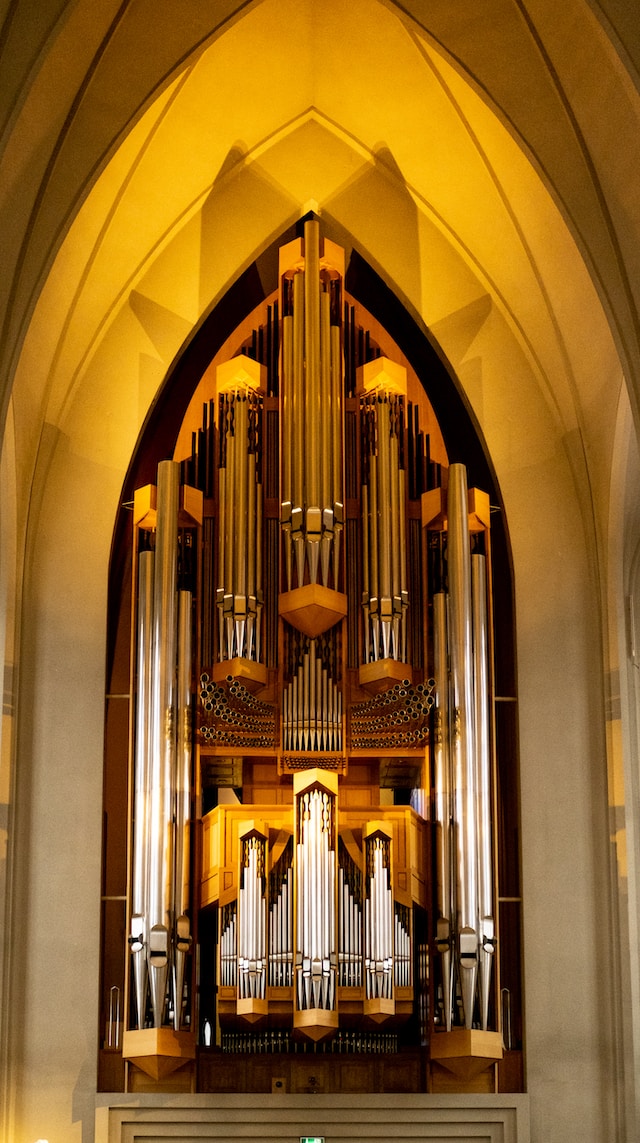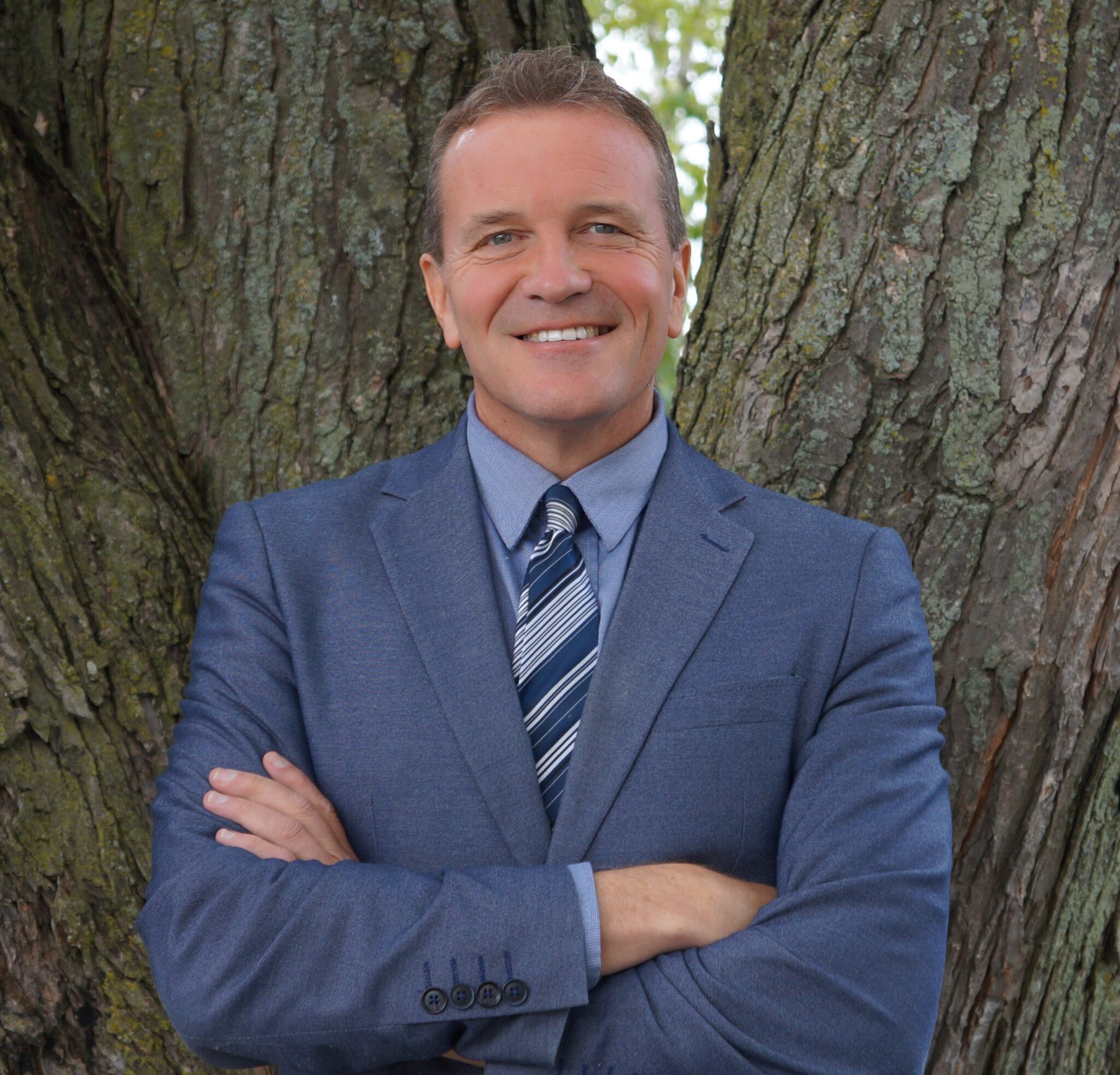In 1818, a young Austrian priest named Joseph Mohr went for a walk on a cold and wintry night just days before Christmas. He climbed a hill and looked down on the sleepy village which was his home. He sighed deeply. His nation had suffered greatly during the recent Napoleonic wars. Death, fear, and uncertainty seemed to be around every corner. But tonight, as he looked at the snow-covered village, he felt his heart settle. The wars were over, and for the first time in years, there was peace at Christmas. He was so moved by what he felt that night, that he went home and wrote a poem about it.
The next day, the young priest took the poem with him to church and showed it to the music director, a man named Franz Xaver Gruber. Gruber loved the poem and asked Father Mohr if he could set it to music. Mohr agreed. Together, they turned the poem into a simple folk song. On Christmas Eve, Father Mohr sang the song to the congregation. Gruber wanted to accompany the song on the organ, but the organ was in the process of being fixed, so Gruber accompanied it on his guitar. The congregation was mesmerized by the simple, but heartfelt tune. They asked them to sing and play it again.
The song would likely have been forgotten, had it not been for a man in the congregation who had traveled far to be there. The man had come from a distant village to repair the church organ. Far away from home at Christmas, he slipped unnoticed into the service, in the hopes of easing the sadness he felt at being so far from his loved ones on this special night. He was moved to tears by the song and asked Father Mohr if he could take it back to his town, many, many miles away. Father Mohr agreed and wrote out a copy for him.
The organ builder returned to his village in central Austria and shared it with a family of traveling folk singers called the Strasser family. They were as moved by it as those who first heard it. The Strasser family started to sing it everywhere they traveled, always giving credit to its composers. The crowds who heard it would fall silent as it was sung, many gently swaying to its rhythm, hands clasped to the person next to them. It seemed to bring out the best in those who heard it. It was described by a local journalist as “a song of such peace and goodwill that it could only have been inspired by God”.
In 1834 The Strasser’s had an opportunity to perform for the King of Prussia. They chose Father Mohr’s Christmas song as their final song to sing to the king. Not only was the king enthralled, but so was another family of singers who were present that day, an American family known as the Rainers. They asked if they could take it back with them to the States. The Strasser’s agreed, and on Christmas Eve in 1839, the Rainer Family sang it to a crowd of hundreds of people who had gathered outside of Trinity Church in New York City. The song was quickly published and began its journey around the world, where it would be translated into over 300 languages and dialects.
The song, “Silent Night”, is as captivating today as it was the night it was first sung in a tiny Austrian village church. Father Mohr didn’t set out to write a hit song, he simply wanted to describe a scene that brought him peace.
As we get ready to celebrate Christmas, the music of the season reaches out to us, inviting us to be drawn into its story again. We all have our favourites. But I know for me, and for many of us, there is something about Silent Night that defines this wonderful time of the year. Every Christmas Eve, as I stand in the quiet church holding my candle and singing Father Mohr’s song, I feel it well up inside me again, a deep and abiding sense of goodwill. And for just a few moments, the world falls silent, and there is peace.




